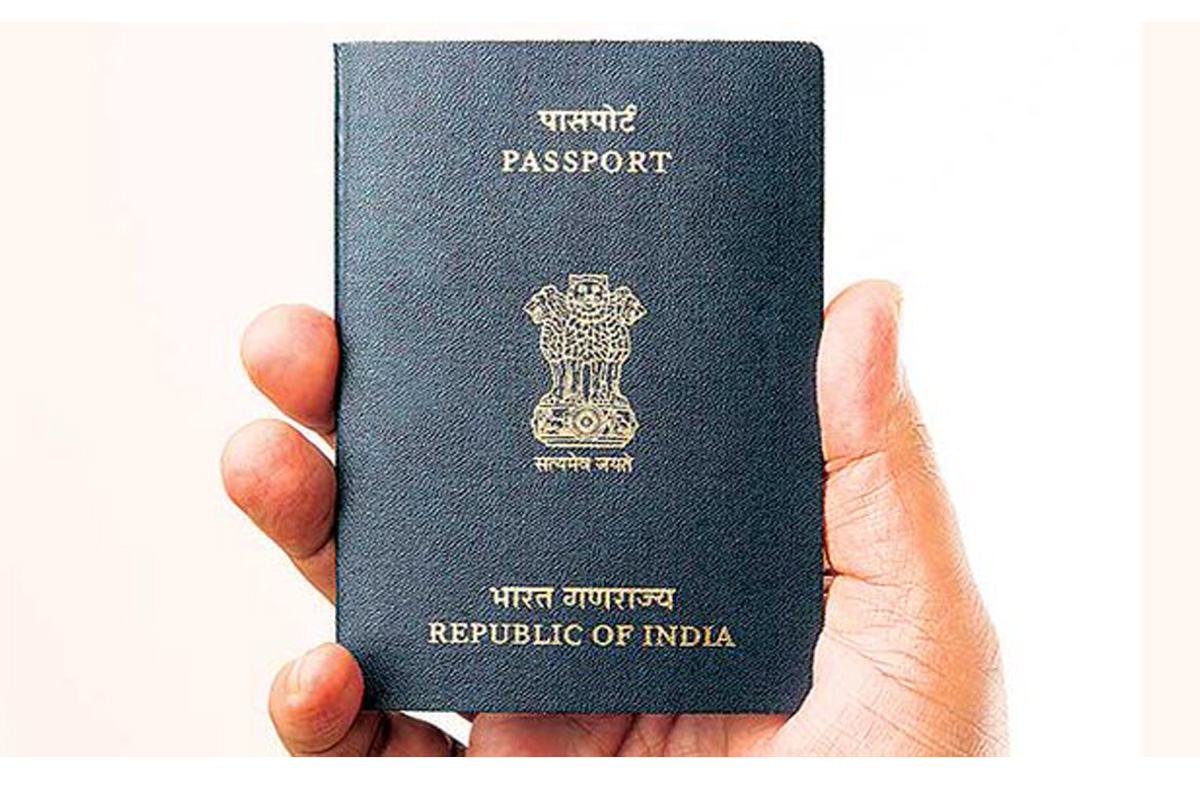Baluchis and Ahmediyas of Pakistan and Rohingyas of Myanmar can always apply to become Indian citizens as and when they fulfil the qualifications provided in the relevant sections of The Citizenship Act, 1955, Home Ministry sources said on Wednesday.
The Citizenship Amendment Act (CAA) has not stopped any foreigners of any country from applying for Indian Citizenship under The Citizenship Act, 1955, the sources said.
Advertisement
All legal migrants (whose travel documents are complete) including the aforementioned minority communities from the three countries mentioned in the amended Act, were and are, and will continue to be, eligible to apply for Indian citizenship if they fulfil the qualifications laid down in The Citizenship Act, 1955, the sources said.
The CAA has not changed this situation whatsoever. Only some migrants from the aforesaid communities and countries will benefit from the CAA if they have incomplete or no documents or their documents have expired and they have taken shelter in India because of persecution on grounds of religion up to December 2014, the sources said.
They have been excluded from the definition of “illegal migrants” in The Citizenship Act, 1955. Unlike other foreigners, they are eligible to get citizenship after a total residency period of six years. For other foreigners this period is twelve years, the sources said.
Clarifying doubts on the amended law, Home Ministry sources said no illegal Muslims immigrants from the three countries would be automatically deported under the CAA. The CAA has absolutely nothing to do with deportation of any foreigner from India, they said.
The deportation process of any foreigner irrespective of his religion or country is implemented as per the mandate of the Foreigners Act, 1946 and/or The Passport (Entry into India) Act, 1920. These two laws govern entry, stay, movement within India and exit from India of all foreigners irrespective of their religion or country.











